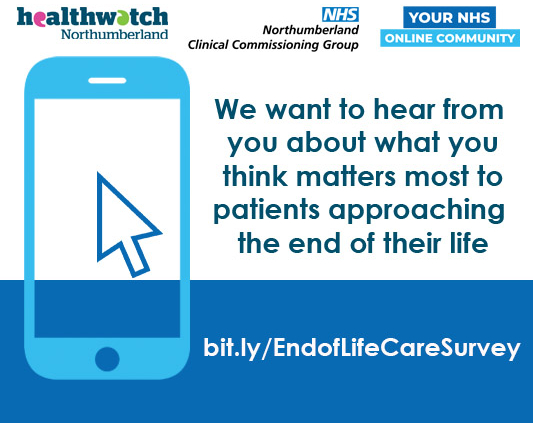Next phase for new Berwick Hospital
Buildings that formed parts of the old infirmary, including theatres, the day ward, the reception, outbuildings and the energy centre will be demolished in a methodical and carefully managed sequence to take into consideration the archaeological work that continues on site.
Sir James Mackey, Northumbria Healthcare NHS Foundation Trust’s CEO, said “It is fantastic that we are ready to begin the next phase of work to build our new hospital. This brings us one step closer to ensuring that those that live in Berwick and the surrounding areas will have access to higher quality healthcare in an environment that enables innovative and progressive care and also improves patient experience and wellbeing.
“I am extremely proud that we are finally building our new hospital in Berwick and of the significant positive impact it will have. This is not only in relation to being able to have a more integrated approach to care, but also in terms of staff recruitment and retention, improving staff experience, supporting the economy and further opportunities for collaboration and partnership working. I would like to thank everyone involved in the project for helping us to reach this very important milestone.”
Berwick Infirmary dates back nearly 150 years and the fabric of the buildings to be demolished may contain aspergillus, a mould that can affect those with underlying health conditions and a weakened immune system. This mould can cause an infection which affects the respiratory system.
Patient safety always has to be the top priority for the trust and to ensure patient safety and wellbeing it will be necessary to temporarily stop admitting patients to stay overnight at the infirmary while this demolition work is carried out.
Patients that would usually be admitted to Berwick Infirmary will be cared for at Alnwick Infirmary or in space the trust is hoping to secure at a local care home in Berwick (subject to CQC registration). Patients at the care home will be looked after by the Berwick Infirmary team. Where a patient is cared for will depend on their clinical need and the trust will provide transport if needed.
Oncology and some ambulatory care services will also need to temporarily relocate to Alnwick Infirmary for around four months. Patient transport will be provided if required.
All minor injury unit (MIU), maternity and other outpatient department services will remain at Berwick Infirmary and the MIU will remain open overnight.
Marion Dickson, executive director of nursing, midwifery and allied health professionals for Northumbria Healthcare NHS Foundation Trust, and project lead, said “I am thrilled that we are even closer to building our new hospital which is going to benefit our patients, staff and the local community in so many ways. We appreciate that having to temporarily relocate some of the services is not ideal, but we have worked very hard to look at options that keep these services either in or as close to Berwick as possible.
“Over the coming days and weeks, we will work closely with staff affected and we will be as flexible as we can be and also support staff as much as we can during this temporary period. The plan is that the majority of staff will continue to do their roles in Berwick. Only a small number, who already work at both Alnwick and Berwick Infirmaries, will need to spend more time working at Alnwick.
“I have been involved with this project for many years, and as a local Berwick resident I know how important having this new hospital is to people. It is hoped that the archaeological work will be completed by the end of the year and that construction work will begin in spring next year. We will of course continue to keep all of our stakeholders updated on a regular basis.”
Once this phase of demolition work is complete, services that have been temporarily relocated will move back to the Infirmary – this will include reopening the inpatient ward.
To enable the ward to be reopened and for patients to continue receiving overnight hospital care in Berwick, measures will be put in place to protect patients from noise, vibration and dust as much as possible.
These will include moving patient beds to the opposite side of the ward from where construction work will take place and installing soundproofing and ventilation.
Marion Dickson continued “Our team has worked incredibly hard to ensure that we keep as many of the services as we can in Berwick, which is a positive step. To ensure we have the space we need, we will have to temporarily reduce the number of beds on the ward to 16 until our new hospital is built and hope to be able to continue to use the relocated beds at the local care home during this time – keeping this vital hospital service in Berwick.”











